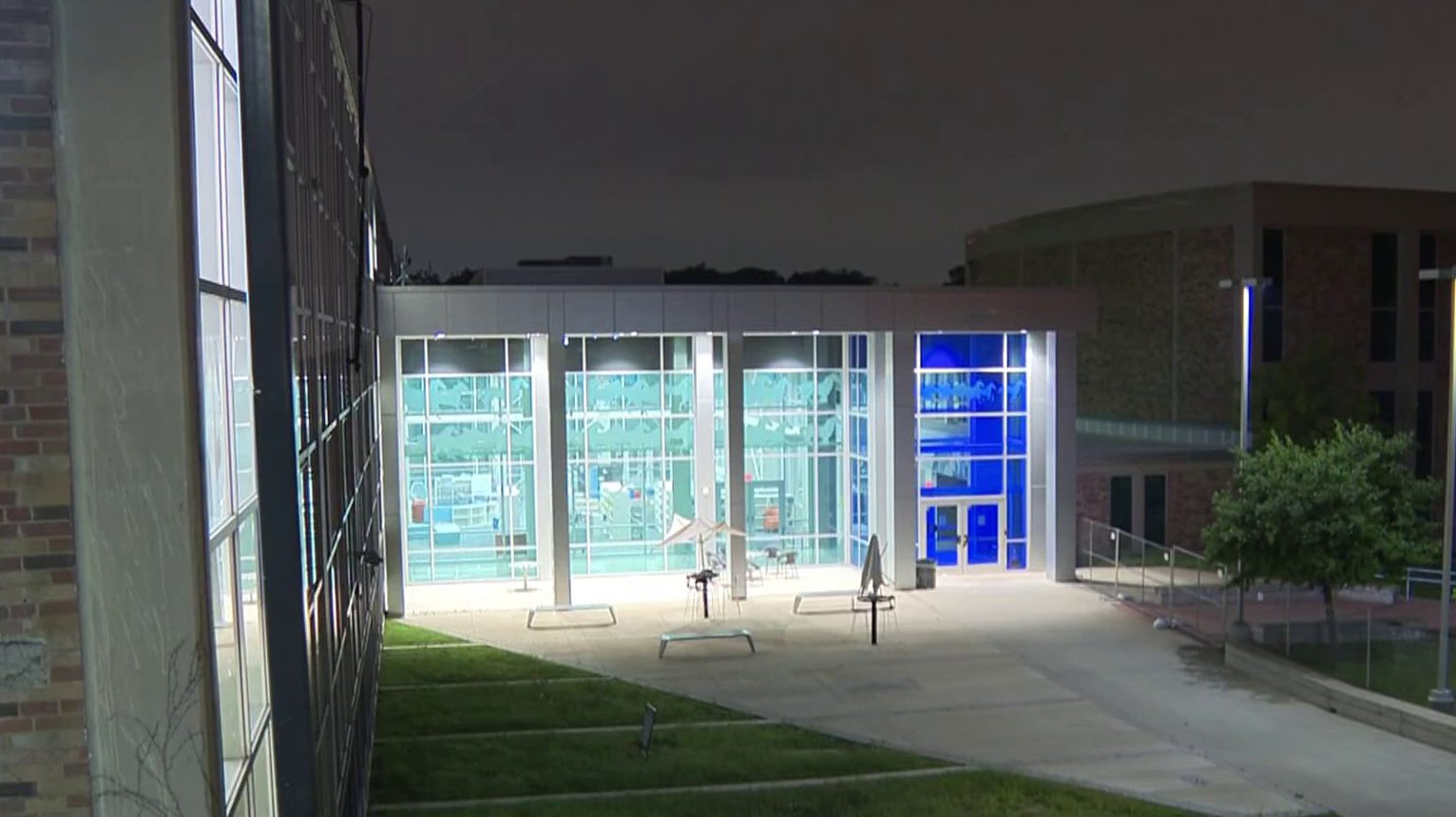A federal judge declared a same-sex marriage ban in deeply conservative Texas unconstitutional on Wednesday, but will allow the nation's second-most populous state to enforce the law pending an appeal that will likely go to the U.S. Supreme Court.
Judge Orlando Garcia issued the preliminary injunction after two gay couples challenged a state constitutional amendment and a longstanding law. His ruling is the latest in a tangled web of lawsuits across the country expected to end up in the Supreme Court next year.
"Without a rational relation to a legitimate governmental purpose, state-imposed inequality can find no refuge in our United States Constitution," Garcia wrote. "These Texas laws deny plaintiffs access to the institution of marriage and its numerous rights, privileges, and responsibilities for the sole reason that Plaintiffs wish to be married to a person of the same sex."
Garcia said the couples are likely to win their case and the ban should be lifted, but said he would not enforce his ruling pending one by the 10th Circuit Court of Appeals, which already is hearing two other states' cases. He also will give Texas time to appeal to the 5th Circuit Court of Appeals in New Orleans.
Garcia, appointed by President Bill Clinton, is the first judge in the conservative 5th Circuit to reach such a decision. Texas Attorney General Greg Abbott, who also is the leading Republican candidate to succeed Gov. Rick Perry, promised to appeal the decision to the New Orleans court.
"This is an issue on which there are good, well-meaning people on both sides," Abbott said in a statement. "The U.S. Supreme Court has ruled over and over again that States have the authority to define and regulate marriage."
The ruling is the latest in a series of victories for gay rights activists following similar decisions in Utah, Oklahoma and Virginia. The U.S. Supreme Court put the Utah ruling on hold until the 10th Circuit can consider an appeal, and Garcia said he would respect that order as well.
Local
The latest news from around North Texas.
Mark Phariss and Victor Holmes filed their federal civil rights lawsuit saying Texas' ban unconstitutionally denied them the fundamental right to marry because of their sexual orientation. Cleopatra De Leon and Nicole Dimetman filed a lawsuit saying Texas officials violated their rights by not recognizing their marriage conducted in a state where gay marriage is legal.
"Having been together almost 17 years, we look forward to the day when we can get married and when all gay Texans enjoy equal rights to marry as well," Phariss and Holmes said in a statement.
Dimetman and De Leon said they hope to retake their vows in Texas.
Approximately 50 people rallied Wednesday evening in support of the ban's lifting in Dallas' Oak Lawn neighborhood - a longtime center of the LGBT community.
"For every one person here, there's ten people behind them that are celebrating this at home or getting off of work and can't be here," said organizer C.D. Kirven of the turnout.
Joining in the rally were Mark and Beau Jiminez, a couple who told NBC DFW they have long been active supporters for equal marriage rights in Texas.
"We tried to get a marriage license a couple years ago [in Dallas County] and we went to jail when we refused to leave when they wouldn't give us a marriage license," Mark Jiminez said. "So this is a huge win for us."
Todd Staples, a candidate for lieutenant governor who drafted the constitutional amendment banning gay marriage, denounced the court's decision.
"I am disappointed that judicial activism is once again trying to trump the will of the people. This ruling is the poster child of the culture war occurring in America today," he said.
Another gay couple has filed a separate lawsuit in federal court in Austin. In that case, two men argue that the ban discriminates against them based on their gender. That case is scheduled for a hearing later this year.



